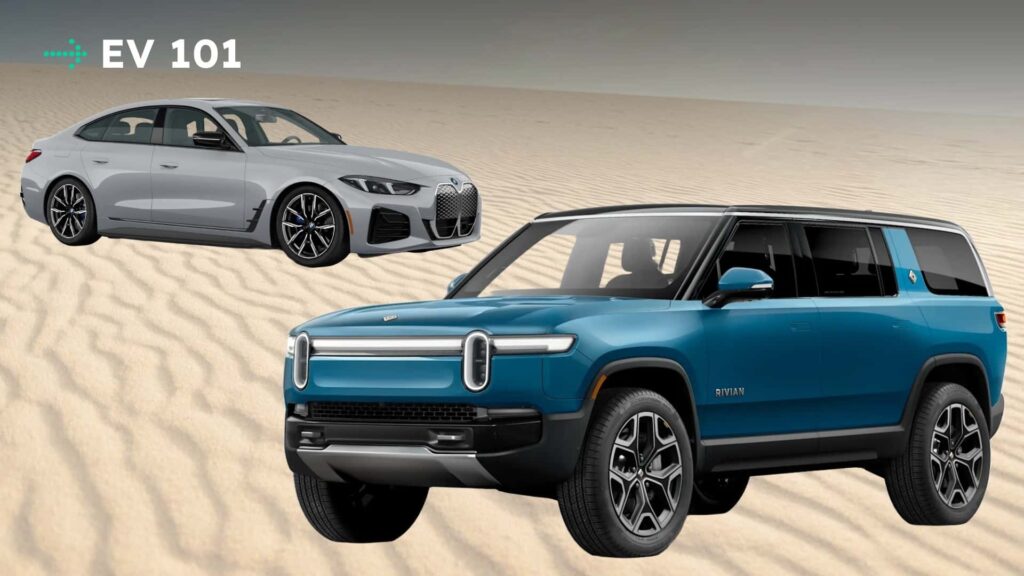Additionally, extreme heat can also impact the overall performance of an electric vehicle. High temperatures can lead to increased resistance in the electrical components, which can affect the efficiency of the vehicle’s powertrain and reduce acceleration and top speed. This can be particularly noticeable in high-performance EVs that rely on quick bursts of power for acceleration.
However, some EVs are better equipped to handle extreme heat than others. The study by Recurrent found that certain models, such as the Audi Q8 E-Tron, BMW i4, and Rivian R1S, retained up to 98% of their range at 90 degrees Fahrenheit. These vehicles have more robust battery thermal management systems that allow them to maintain better efficiency in hot weather.
It’s important for EV owners to be mindful of the impact of extreme heat on their vehicles and take steps to mitigate any potential issues. This includes parking in shaded areas, avoiding prolonged exposure to high temperatures, and following the manufacturer’s guidelines for temperature limits.
Overall, while extreme heat can have some negative effects on electric vehicles, modern EVs are designed to withstand a wide range of temperatures and continue to perform well in hot weather conditions. By choosing a vehicle with a strong battery thermal management system and taking proper precautions, EV owners can continue to enjoy their electric driving experience even during a heat wave.
However, in warmer temperatures, the heat pump can actually add heat to the battery pack, increasing the overall temperature and leading to more energy loss. This is why some EV manufacturers have started developing heat pump systems specifically designed for hot weather conditions to prevent this issue.
Conclusion
Overall, while EVs do experience some range loss in extreme heat, modern battery technology and cooling systems have greatly improved to mitigate this issue. With redundant systems in place and advanced cooling mechanisms, EVs are able to maintain a consistent driving range even in the hottest of temperatures. Additionally, the use of heat pumps, specifically designed for hot weather conditions, can further optimize energy efficiency and reduce range loss in summer months.
As technology continues to advance, we can expect EVs to become even more efficient and resilient to extreme weather conditions, making them a reliable and sustainable transportation option for the future.
One of the challenges of electric vehicles (EVs) in hot weather is the impact on the cabin cooling system. While EVs are known for their energy efficiency and environmental benefits, the cooling system can sometimes be less efficient in hot weather compared to conventional A/C setups. When the system is reversed to cool the cabin, it can become less efficient, although the performance difference is relatively small and may not be a dealbreaker for most EV buyers.
However, there are some best practices that EV owners can follow to preserve range and optimize performance in summer weather. One key tip is to avoid leaving your EV parked with a low state of charge, as the battery draws energy to cool itself in hot weather. It’s recommended to keep the charge around 50% or, even better, plug in with an 80% charge limit. This helps maintain battery health by preventing the charge-carrying ions from drifting off.
Another helpful tip is to park your EV in the shade if you’re leaving it parked for an extended period, especially during hot summer days. While EVs are designed to withstand various weather conditions, parking in the shade can help reduce the strain on the cooling system and prevent the cabin from overheating. This simple step can help maintain the overall performance and efficiency of your EV in hot weather.
By following these best practices and being mindful of the impact of hot weather on your EV, you can optimize its performance and preserve range during the summer months. With a few simple adjustments and proactive measures, you can ensure that your EV remains efficient and reliable, even in the heat of summer.

